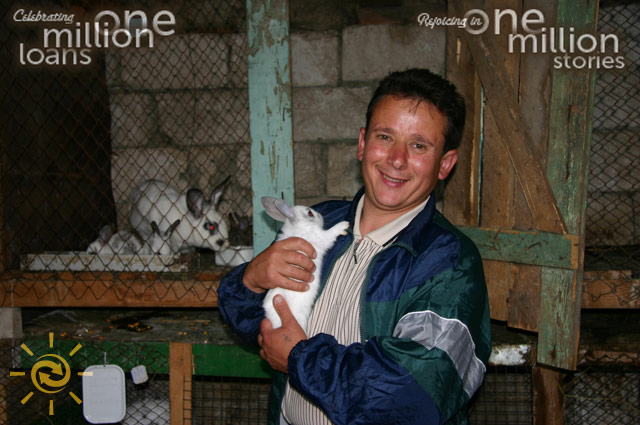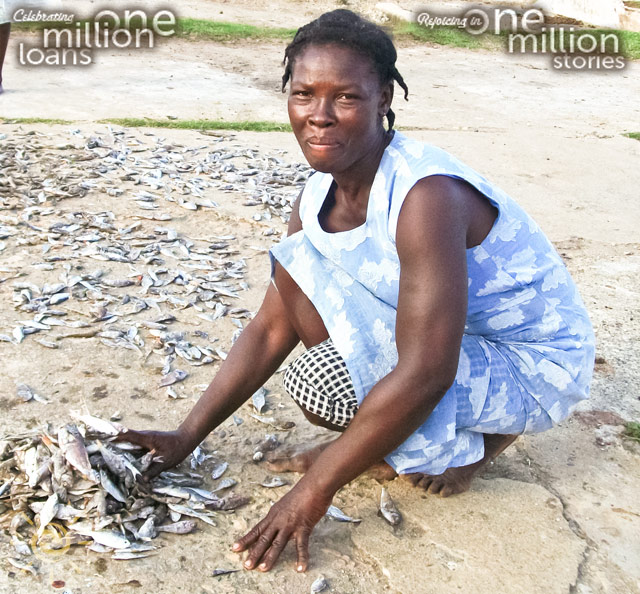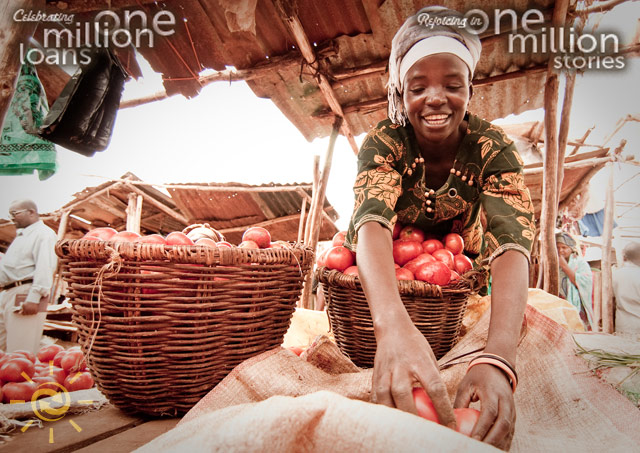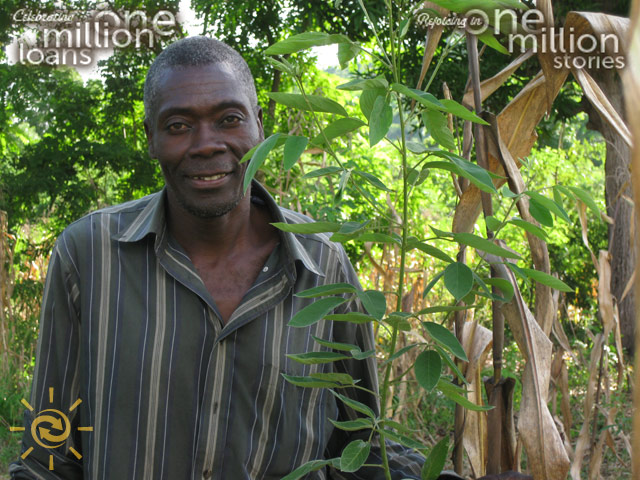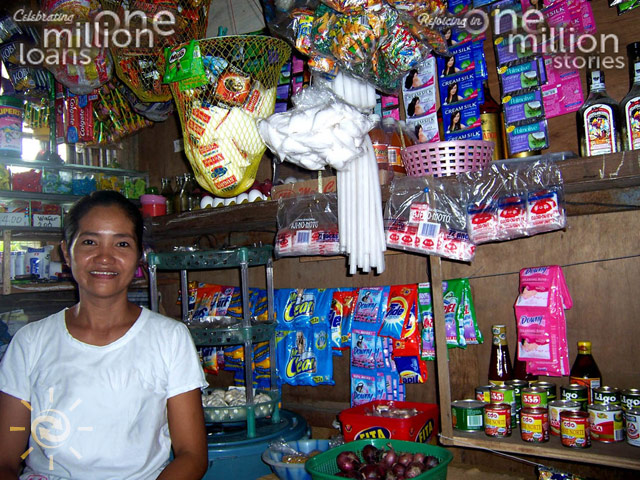
Rejected by family and friends after escaping a drug addiction, Cindy – with her husband Arnaldo and daughter Jenny – lived isolated in a small shack. Desperate to earn an income, they borrowed money from moneylenders whose unreasonable rates plunged them further into debt. Then Cindy sought a loan from CCT, HOPE’s partner in the Philippines, and, touched by what her loan officer shared, accepted Jesus into her heart. A physical and spiritual transformation began, resulting in a profitable business and reconciliation with her estranged family. “[God] saw me, came to me, and upheld me. He really loves me,” Cindy testifies.







